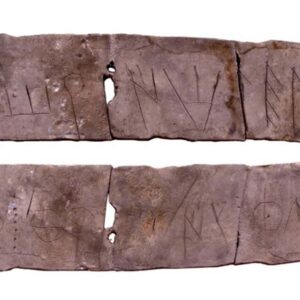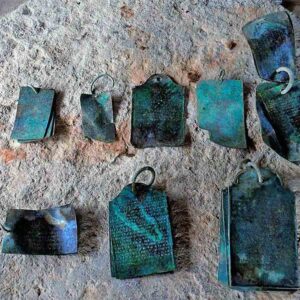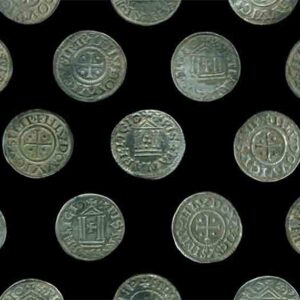Up to date
3 December, 2021 – 21:57
Sahir
Warmth from Mount Vesuvius Eruption as Lethal as Hiroshima Atomic Bomb
- Learn Later
Archaeologists proceed to excavate seeking stays left behind after the 79 AD Mount Vesuvius volcanic eruption which decimated the traditional cities of Pompeii and Herculaneum in Italy. Now, an Italian archaeologist has in contrast the devastating eruption to the 1945 dropping of the atomic bomb, Little Boy, on Hiroshima, as a result of immense warmth produced. Believed to have reached temperatures between 400 ℃ and 500 ℃, the Vesuvius eruption induced a pyroclastic surge that boiled the blood and brains of its victims nearly immediately, stories The Guardian.
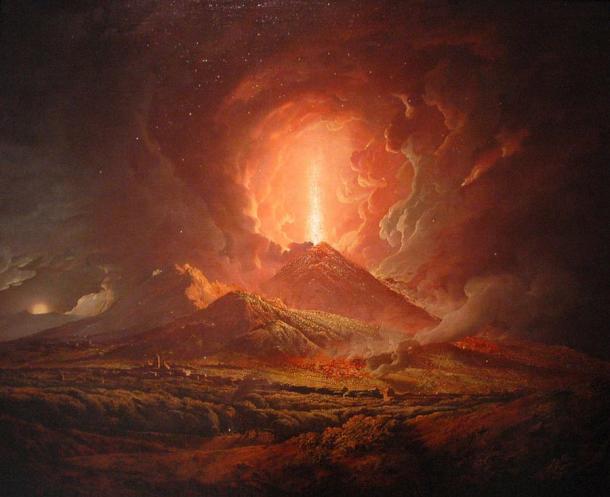
Volcanic eruption of Mount Vesuvius by Joseph Wright of Derby. (Public domain)
On Discovering the Final Fugitive of the Vesuvius Eruption
“The stays of victims right here have been present in an analogous situation to these of Hiroshima,” highlighted Domenico Camardo, an archaeologist on the Herculaneum conservation mission in a presentation to the press on December 1st. “You actually get a way of the horror and tragedy.” These feedback have been impressed by the stays of a single, partially mutilated male sufferer who was caught attempting to flee the volcanic eruption. Known as the final fugitive, the male sufferer was aged between 40 and 45 years previous.
- Mutilated Stays of a Man Making an attempt to Escape Vesuvius Eruption Discovered
- Volcano-blasted Herculaneum Roman Soldier Tells His Historic Secrets and techniques
Again in October 2021, Historic Origins revealed an in depth report on the discover of the final fugitive, who was inches away from the ocean when he got here to his premature demise. The top was discovered pointing within the path of the ocean, whereas the physique was surrounded by carbonized wooden, a sign {that a} roof beam had in all probability crushed his cranium.
In a press release to ANSA, Francesco Sirano, Director of the Ercolano Archaeological Park, defined:
“The final moments right here have been instantaneous, however horrible. It was one o’clock at evening, when the pyroclastic surge produced by the volcano reached the city for the primary time with a temperature of 300-400 levels Celsius [572-752 degrees Fahrenheit], and even, in accordance with some research, 500-700 levels [932-1292 degrees Fahrenheit].”

The horror and the tragedy of the Mount Vesuvius eruption personified within the human stays discovered at Herculaneum. (Parco Archeologico di Ercolano)
Escaping the Mount Vesuvius Pyroclastic Surge
Outlined in Britannica as “a fluidized combination of scorching rock fragments, scorching gases, and entrapped air that strikes at excessive pace” within the case of some volcanic eruptions, the pyroclastic surge was evidenced in a “white-hot cloud that raced in the direction of the ocean at a pace of 100 kilometers [62 miles] per hour, which was so dense that it had no oxygen in it,” continued Sirano.
“Within the area of some minutes [this inferno] engulfed and swallowed up the higher a part of the city, uprooting the roofs and mowing down males and animals with a warmth equivalent to to make their our bodies evaporate,” described Sirano in a scientific, however horribly painful, account of the Mount Vesuvius eruption.
The final fugitive was clutching a small leather-based bag containing a picket field, from which an iron or bronze ring was discovered protruding. A conservator engaged on the mission, Nunzia Laino, remarked that he was probably escaping along with his most valuable belongings. However, the invention is somewhat advanced to course of, as there are cloth scraps which should be extracted earlier than additional research could be carried out. The sufferer’s bones have been of a reddish colour, indicating that the blood had left stains, added Sirano.
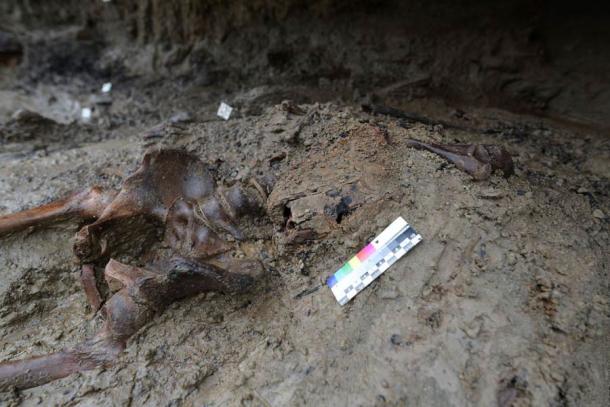
The blackened skeleton of a 40 to 45-year-old man was discovered with a material shoulder bag containing a picket field and different supplies. (Parco Archeologico di Ercolano)
The Excessive Warmth and Subsequent Preservation at Herculaneum
Pompeii and Herculaneum met the identical destiny, however with totally different outcomes, as Camardo explains. “Pompeii was destroyed by a rain of ash and lapillus, which buried it by three or 4 meters (9.8 to 13.1 ft). As an alternative, Herculaneum was first destroyed by the pyroclastic cloud of a temperature of over 400 levels. It burned timber, inhabitants and different types of life. Six waves of volcanic mud arrived like a flood and froze it below 20 meters [65.6 ft] of fabric.”
The mud then hardened, permitting for the preservation and conservation of natural relics, together with meals. This was not the case in Pompeii, the place few stays have been discovered. Excavations within the Eighties and Nineties unearthed the stays of 330 well-preserved skeletons in boat sheds, who have been in all probability hiding out from the volcanic eruption, hoping to be rescued by the ocean.
- Tragic Stays of Grasp and His Slave Present in Pompeii
- Frozen in Time: Casts of Pompeii Reveal Final Moments of Volcano Victims
The skeleton and accompanying finds are actually slated to be moved to a laboratory, as a result of their fragile situation. Excavators will proceed their work and evaluation, which can in all probability reveal extra info from these seashore excavations, stories The Art Newspaper. That is the primary skeleton to be found in 25 years, for the reason that 330 discovered within the late Eighties and early Nineties.
“At present it’s attainable to do some sorts of study that 20, 30 years in the past it wasn’t attainable to do,” concludes Pier Paolo Petrone, a forensic anthropologist on the College Federico II of Naples, who labored on the positioning. “As an example, we’re learning the DNA of those folks. We’ll inform the story of those folks. Herculaneum is an open guide.”
Prime picture: Excavated stays of the final fugitive at Herculaneum archaeological park. Supply: Parco Archeologico di Ercolano
By Sahir Pandey


